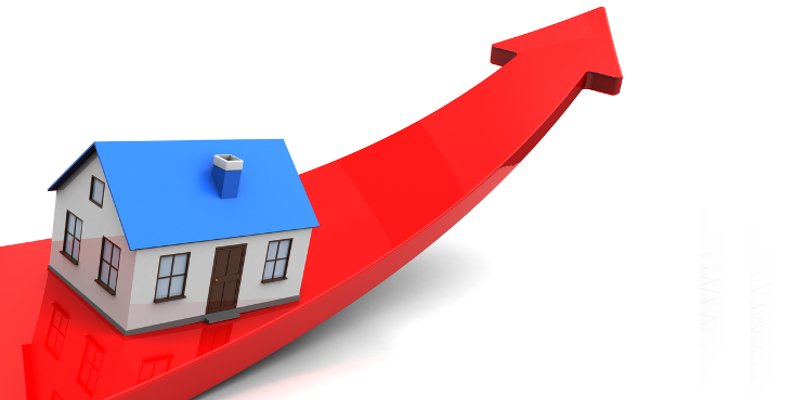This represents an increase from November, when annual price growth stood at just 0.3%.

House price growth increased to 1.3% in the final three months of 2018 compared to the same period in 2017, Halifax’s house price index has found.
This represents an increase from November, when annual price growth stood at just 0.3%.
On a monthly basis average house prices rose by 2.2% between November and December but fell by 0.4% on a quarterly basis to average at £229,729.
Russell Galley, managing director of Halifax, said: “In 2019, we’re expecting continued stability in house prices with between 2% and 4% price inflation. This is slightly stronger than 2018, but still fairly subdued by modern comparison. However, this expectation will clearly be dependent on the Brexit outcome, with risks to both sides of our forecast.
“Of course, there are a number of other factors that will impact the market in 2019. The need to raise a significant deposit still acts as a restraint for those looking to buy a new home, limiting the number of potential purchasers.
“This year, mortgage payment affordability is more difficult to predict. There are competing pressures with signs of positive annual pay growth supporting affordability, but risks associated with the potential for higher interest rates are pulling in the other direction. On balance we do not see affordability pushing house price growth significantly in either direction.
“The shortage of homes for sale and continuing low levels of housebuilding both constrain the supply of houses, and in turn support high prices, which will continue to inhibit demand in 2019.”
Guy Harrington, chief executive of Glenhawk, was largely upbeat in response to the index.
He said: “These latest figures continue to show that the UK housing market is resilientto external factors, as a combination of a chroniclack of supply due to a clunky and outdated planning system and the need for more starter homes continues to keep the market buoyant.
“Overall a positivesign amongst the train wreck that is Brexit.”
But Jeremy Leaf, north London estate agent and former RICS residential chairman, took the increase in house prices with a pinch of salt.
He said: “At first glance the Halifax numbers are really positive as they reflect a time of particular political uncertainty and the height of Brexit turmoil.
“But when taken with the recent fall in transactions it is clear that the increase has more to do with a shortage of stock rather than a bounce back in the market generally.
“On the ground, the market remains tentative and the sales which are agreed are taking much longer than previously, which is only heightening indecision.”
He added however that 2019 has started more positively than expected so far.
Jeff Knight, marketing director of Foundation Home Loans, also gave the Halifax index a mixed response.
He said: "There’s no denying the dent to both buyer and seller confidence as political negotiations continue around Brexit.
“Homeowners are certainly cautious about moving properties, often deferring until the dust settles.
“That said, mortgage rates are still relatively attractive and, while there is an expected interest rate rise this year, prospective buyers and those remortgaging could look to take advantage of this sooner rather than later.”



